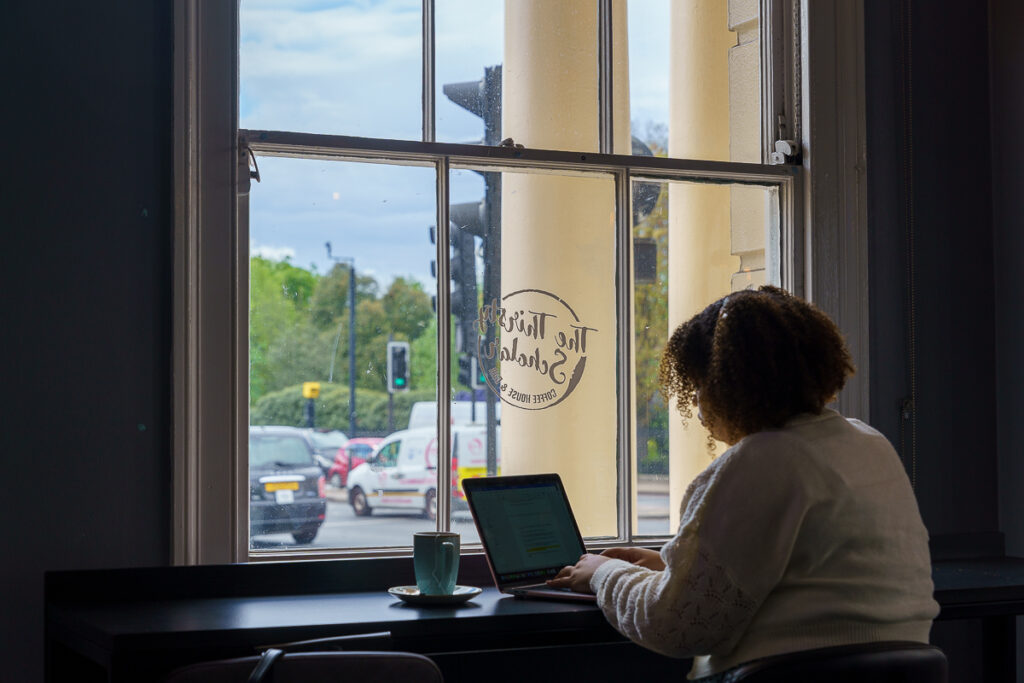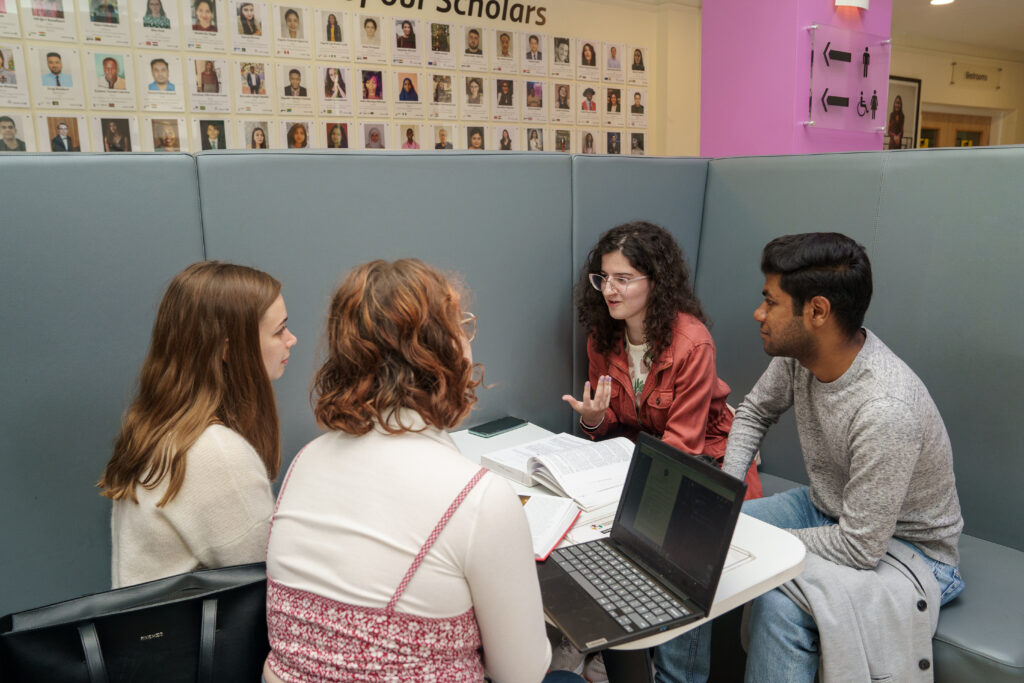“Essentials’- it’s a tricky place to start, as everyone has different tools, tricks, and tips that they use for studying. But if you’re reading this, hopelessly scrambling for some sort of list to follow, you’ve come to the right place. As a university student, effective studying is key to academic success. It’s not just about hitting the books – the right study essentials can make a significant difference in your learning experience. In this blog, we’ll explore essential study tools and resources that every university student should have to optimise their study sessions and achieve their academic goals.
High-Quality Laptop or iPad
At university you have many assignments and a reliable laptop or iPad is a must-have for university students. Whether you’re taking notes in class, researching assignments, or writing. Access to a functional device will help you complete your tasks more easily. Choose a laptop with sufficient processing power, storage capacity, and battery life to meet your academic needs. If the laptop doesn’t have this already you should remember to install essential software like Microsoft Office. Different courses need more storage on your laptop for example computer science as you would use the laptop for most of the time.

Organisational Tools
Staying organised is crucial for managing your workload and deadlines effectively. I personally invested in tools like digital scheduling apps such as Todoist to keep track of assignments, exams, and extracurricular activities. Pushing your assignments to the back of your mind is tempting but if you set reminders and allocate specific study times you can ensure you stay on top of your academic responsibilities.
Note-Taking Supplies/Apps
Effective notetaking is what will make your revision easier in the long run. You should equip yourself with quality notebooks, pens, highlighters, and sticky notes to capture key concepts during lectures and readings. We all learn in different ways, so it is a good idea to experiment with different note-taking methods such as mind mapping or flashcards to find what works best for you. You may enjoy doing one or more methods and that’s okay. You can even use AI tools to help you understand your points in the lecture quicker. Otter.ai can help you recored your lecturer’s voice in real time so you don’t have to take notes.

Textbooks and Course Materials
While textbooks can be expensive, they’re often essential for university courses. Look for cost-saving options like buying used textbooks, renting books, or accessing e-books and online resources through your university library. There is a lot of people who would most likely want the same resources as you so, you should get all the required course materials early to avoid falling behind.
Comfortable Study Space
Comfortability is key when revising. If you are able to create an encouraging study environment it will help you maintain your focus and productivity. I know how tempting it is to revise in your desk in your room however, you might not be as productive. Going to the library or a coffee shop will help you get more work done. If some days you have to revise in your room you can designate a quiet, well-lit area in your room. Try and make your chair comfortable to prevent discomfort during long study sessions. If you would like a change of scenery there are many study spaces you can go to in London.

Academic Support Services
It’s important to take advantage of the academic support services offered by your university, such as tutoring centres or study groups. These resources provide invaluable assistance with understanding course material, improving writing skills, and preparing for exams. Even though university is a place for independent learning don’t hesitate to seek help when you need it.
Prepare yourself with the right study essentials and enhance your learning experience to maximise your academic potential. From technological tools and organisational aids to textbooks and support services, investing in these resources will set you up for success in your academic journey. Remember to prioritise self-care and balance your study efforts with relaxation and social activities to maintain a healthy and fulfilling university experience.
Have you also read these articles?

